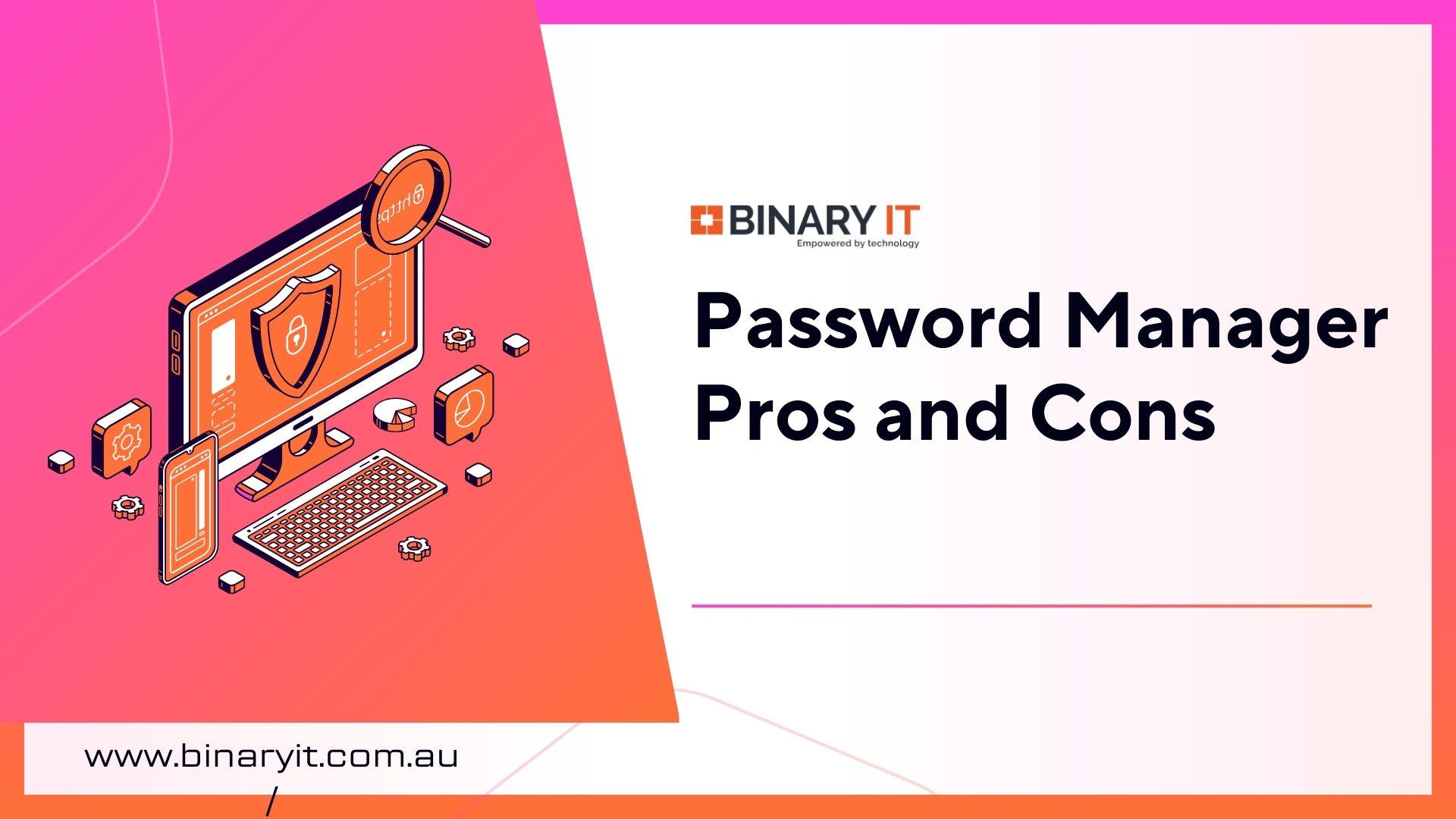What are the Pros of Password Manager?
Password managers are quite popular right now—and for good reason. Here are a few great things about them.
1. Generate complex password
Password managers can generate complex passwords automatically for each of your accounts. Thus, you don’t need to remember any passwords except the master password. You can use the password creation feature to generate incredibly strong and unique passwords. Additionally, you can also customise the password creation by setting a specific length of characters and readability level.
2. Easy to access accounts
Password managers make it exceptionally easy to access all of your accounts. As you don’t have to memorise any of your account passwords.
Additionally, it can also autofill the login information of the account of any websites and apps, you want to have access to. That’s how you can access any of your accounts within your password manager quickly and conveniently.
3. Works across multiple devices
Password managers work across multiple devices, such as desktops, laptops, smartphones or tablets, so you can easily access all your accounts on those devices. Thus, you don’t have to worry anymore about having passwords handy when they are on the go.
Even if you change a password on one of your devices, they will auto-update it on every device. This makes it trouble-free to swap between devices.
4. Enhanced security features
Some password managers have additional protection features for users, such as two-factor authentication (2FA) prompts and a secure password-sharing feature for shared accounts.
Additionally, reputable password managers (like Chrome Password Manager) offer advanced encryption protocols to protect you from hackers.
Thus, password manager users have excessively more protection over their online password than people without a password manager.
5. Need to memorise only one password
The main benefit of using password managers is that you only need to remember one master password.
Since we all have dozens of online accounts, remembering multiple passwords is impossible unless they’re all the same.
6. Secure collaboration and safe sharing
Password managers offer an excellent feature, which is secure collaboration and sharing.
Instead of sending your family member or friend account login passwords through a chat or a text message, you can share your password through the password manager. In this case, your family or friends can see the password you shared within their password manager.
What are the Cons of Password Manager?
Like other security solutions, there are potential drawbacks to password managers, depending on the software. Here are some disadvantages:
1. Single point of failure
The biggest disadvantage of password managers is that all of your passwords are protected by one strong password, which can lead to single-point failure. For example, If an attacker hacked your master password, they may be able to access your password vault and view all of your accounts. However, this won’t be possible if you have enabled two-factor authentication (2FA).
We at Binary IT highly recommend using two-factor or multi-factor authentication on your specific password manager.
2. Password protection isn’t everything
Password managers are excellent at protecting passwords, but they don’t prevent other attacks, such as phishing emails, malware, keyloggers, and more.
Thus, it is important to browse safe internet while browsing the web. Don’t click, open, or download any suspicious links or files.
Also Read: The Importance Of Password Security: Best Practices For Strong Passwords
3. 2FA Not always required
Some password managers don’t implement 2FA, which adds an extra layer of security. This can lead to a lot of risks for beginners who use password managers but don’t know how 2FA authentication provides more account security and protection.
4. Setup process
A setup process is required when using a password manager for the first time. As a result, you must import all the passwords you wish to keep and install the password manager on each device you want to use.
5. Still requires manual input
Although the password manager manages your passwords, it still requires manual input from the user. After all, you have to memorise the master password to access the password manager. You must also remember to use the password manager for your all accounts. If you don’t do this, the password manager will be unable to help you.
Are password managers 100% safe?
Password manager offers several robust security measures, but it’s important to understand that no system can guarantee 100% safety. Just like any other technology, password managers are subject to potential vulnerabilities and risks.
What is the main risk of using a password manager?
Even if you use a reliable password manager, there are certain risks that you should know about. They are as follows:
1. All sensitive data in one place
You must have probably heard the phrase “putting all your eggs in one basket.” That’s exactly what you’ll be doing with a password manager. That basket will most likely include your credit card passwords and secure notes. In case of a breach, blocking all payment methods and changing passwords for all accounts might provide enough time for the attackers to cause damage.
2. Backup is not always possible
If the server fails, your only hope is that your provider has saved a backup copy. This risk multiplies if you choose to keep your vault offline on one of your devices. Naturally, having your own backup on an unsecured disc drive or a poorly secured cloud service will not help you.
3. Not all devices are secure enough
Hackers use the same vulnerability to steal all of your login credentials in one attack. Password managers can be easily hacked if your device is infected with malware. In this situation, typing the master password will get it recorded and cybercriminals will get full access to the data stored. Thus, password manager users should invest in a trustworthy antivirus that will first protect all of their devices and reduce the risks.
Also Read: How do Hackers Steal Passwords? 10 common ways
4. Not using biometrics authentication
Biometrics authentication is an excellent approach to provide an additional layer of security. If you set your password manager to request a fingerprint or face scan, the chances of someone hacking into your vault are slim to none. It’s also much easier for you to use the fingerprint scanner than to enter the master password.
5. Bad password manager
You should avoid using those password managers if it has weaker encryption, offer only a few features, or have poor reviews. When it comes to security, your vault saving a few bucks a month shouldn’t be your main priority. That’s especially true for free password managers, who frequently lack the necessary security features to protect your credentials effectively at all times.
6. Forgetting your master password
Are you the only one who came to know that your password manager doesn’t offer a reset feature? In this case, you may have already started recovering each login individually. Alternatively, you may want to keep your master password (or a hint) somewhere physically secure.
Final thought: Should you use a password manager?
Yes, you should use a password manager. It will let you keep track of your passwords without having to remember them. Some password vaults can also generate and change passwords with a single click and securely store other forms of data, such as credit card information. A password manager also protects your data when sharing it with family members or friends. It’s a far better way than writing down your login details in an email or some unencrypted messenger.
Of course, you have to trust the company that provides your password manager. However, most of them have a flawless reputation. Also, they are way less risky than some dubious apps or browser add-ons that people install without much thought.
Although password managers have flaws and vulnerabilities, it’s not only the password manager that protects your most valuable information. You should also use a reputable antivirus to prevent malware from infecting your device. Updating your software, as well as double-checking the apps and extensions you’re about to install, is equally important.
Take your first step towards a secure future with Binary IT, and enhance your password security today! Contact us today and identify potential weaknesses in your systems with our team of experts, who will also provide actionable recommendations to strengthen your overall cyber defence.






